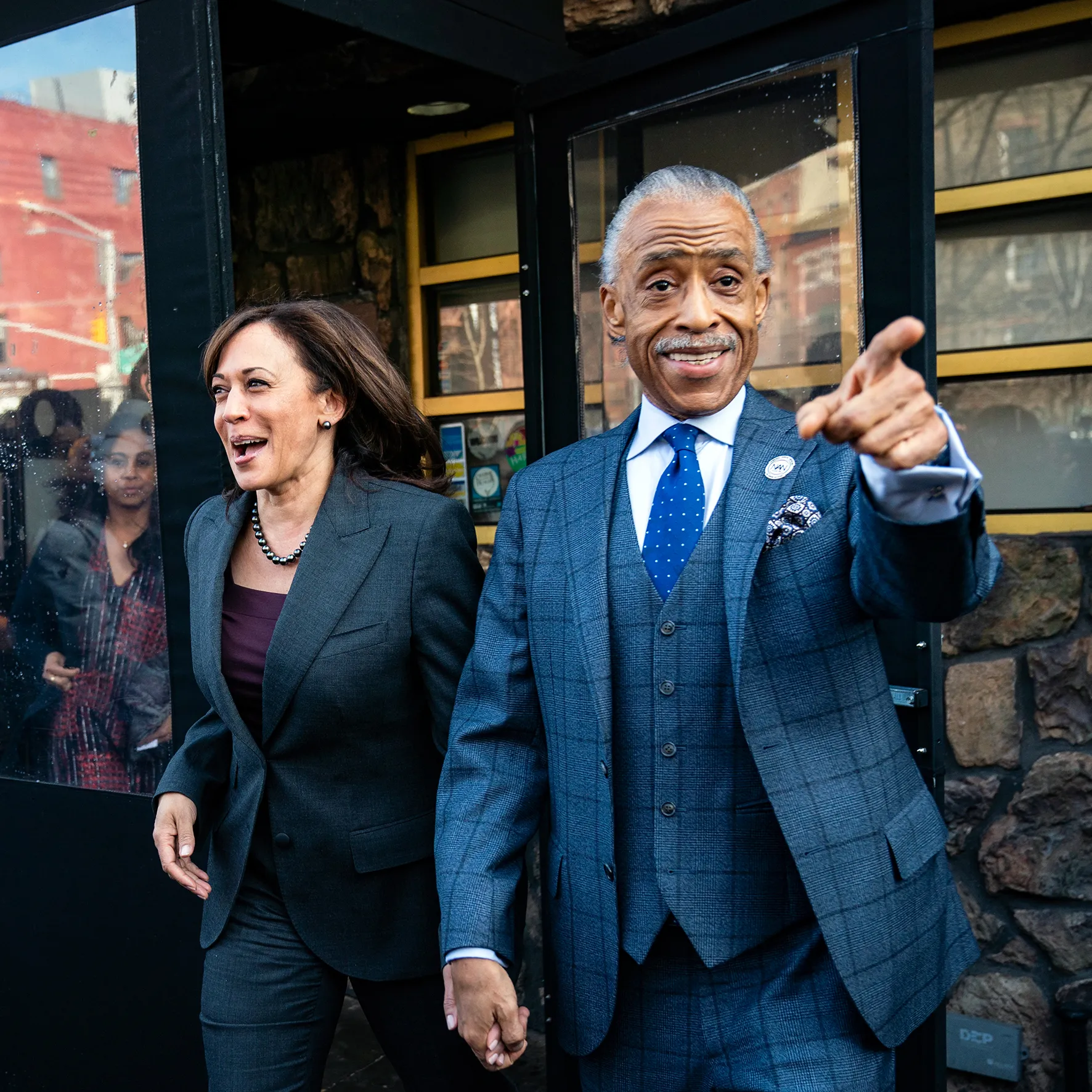October 21, 2024
In a recent interview on MSNBC’s ‘Politics Nation’ with Al Sharpton, Vice President Kamala Harris addressed one of the most divisive issues of her presidential campaign — the absence of male voters in every ethnicity, including Black men. In his interview, broadcast Sunday night, Sharpton directly addressed the issue, when he asked Harris if this voter antipathy might be misogynistic. The former president Barack Obama did the same, alleging that black men aren’t interested in Harris simply because they don’t like the thought of having a woman as president.
Obama’s remarks, uttered earlier this month on the campaign trail, were designed to rally Black male voters to Harris. Their refusal, he suggested, was not ideological but sexist. “You don’t feel the idea of having a woman as president,” Obama suggested, adding that such attitudes should not be acceptable.
Harris, who has made identity politics a centerpiece of her campaign, immediately recoiled from Sharpton’s version of the story. “I think you are absolutely right,” Harris said back, insisting on the gender-biased nature of her dearth of support among men — Black men especially. She made these statements in an overall dialogue about her presidential campaign that tends to be increasingly concerned with questions of race, gender and representation.
The Backlash from Black Voters
But Obama’s and Harris’s identity politics have been fiercely opposed by black voters, concerned that their issues are being left behind. A few black men came out in response to Obama’s comments, accusing him of patronizing and overlooking the realities of what black people face every day, like inflation, high cost of living, and crime.
Indeed, social media was overrun with outraged Black voters who felt Obama’s attempt to coerce them into supporting Harris was a failure. “Obama only shows up to lecture us about voting, but where is he when Black men are struggling?” one user commented, highlighting a broader sentiment that the Democratic Party is out of touch with the working-class Black community.
Political analyst and MSNBC host Stephen A. Smith disagreed, saying that there’s a reason many Black men do not like Harris because of policy reasons, not misogyny. He highlighted economic hardship, border security, and the inability to get things done for Black Americans are behind their opposition to Harris.
Harris’s Identity Politics Strategy Backfires
One of the Harris campaign’s most recent efforts to fill in the blanks on her men lack of enthusiasm, “White Dudes for Harris,” also garnered cynicism. It was a campaign to get white male voters in Harris’s camp but soon it was the subject of jokes. The cause was even mocked by former President Trump at the Al Smith charity dinner, “There’s a group called ‘White Dudes for Harris’… but I’m not worried about them at all, because their wives and their wives’ lovers are all voting for me.”
Harris continues to hammer identity politics on her campaign in spite of these defeats. She regularly talks about how she was the first woman of color to stand on a major party ticket and uses narratives about representation and inclusion. These themes appeal to certain groups of voters – particularly liberal voters – but are also alienating those inclined toward economics and national security.
A Focus on Economic Struggles and Policy Failures
Sharpton also called out Harris for the Biden administration’s handling of the economy — inflation and the cost of groceries, to name just a few. But Harris conceded, prices are still too high: “The price of groceries is still too high. I get it, and they get it.” However, critics argue that Harris’s acknowledgment of the problem does little to address the ongoing economic pain that many Americans, particularly Black voters, are feeling.
Harris’s shift toward identity politics and a nonspecific approach to the economy seems to be working against him, as we head toward the 2024 election. But a large number of voters — particularly in working-class areas — want real policy changes not just statements about race and gender.
Kamala Harris’s use of identity politics as the foundation of her platform has won both admiration and vitriol. Although she and her supporters, including Barack Obama, still paint criticism of her candidacy as misogynistic, voters claim that they’re interested in policies (and their priorities are inflation, immigration, and economic inequality). However, with the elections fast approaching, it is still to be seen if Harris can broaden her base, or whether her race and gender-driven campaigns continue to marginalize important voters.

